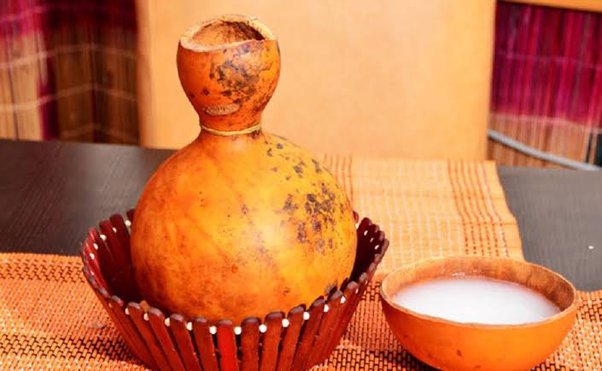
Imagine sipping a drink that tells a story as old as time. Traditional African beverages offer just that—each sip is a journey through the rich tapestry of Africa’s diverse cultures. From Ethiopia’s highlands to West Africa’s coasts, these drinks are not just refreshments; they are an integral part of community life and heritage.
Let’s explore some of these iconic beverages and the unique stories they bring with them.
The Essence of Ethiopian Coffee

1. Historical Roots
Ethiopia is often heralded as the birthplace of coffee. The legend of Kaldi, a goat herder who discovered the energizing effects of coffee beans, is a beloved tale. Coffee ceremonies are an integral part of Ethiopian culture, symbolizing hospitality and community.
2. The Coffee Ceremony
The Ethiopian coffee ceremony is a social and spiritual ritual. Freshly roasted beans are ground and brewed three times in a special pot called a jebena. Each round of coffee—abol, tona, and baraka—carries its significance, fostering a sense of togetherness among participants.
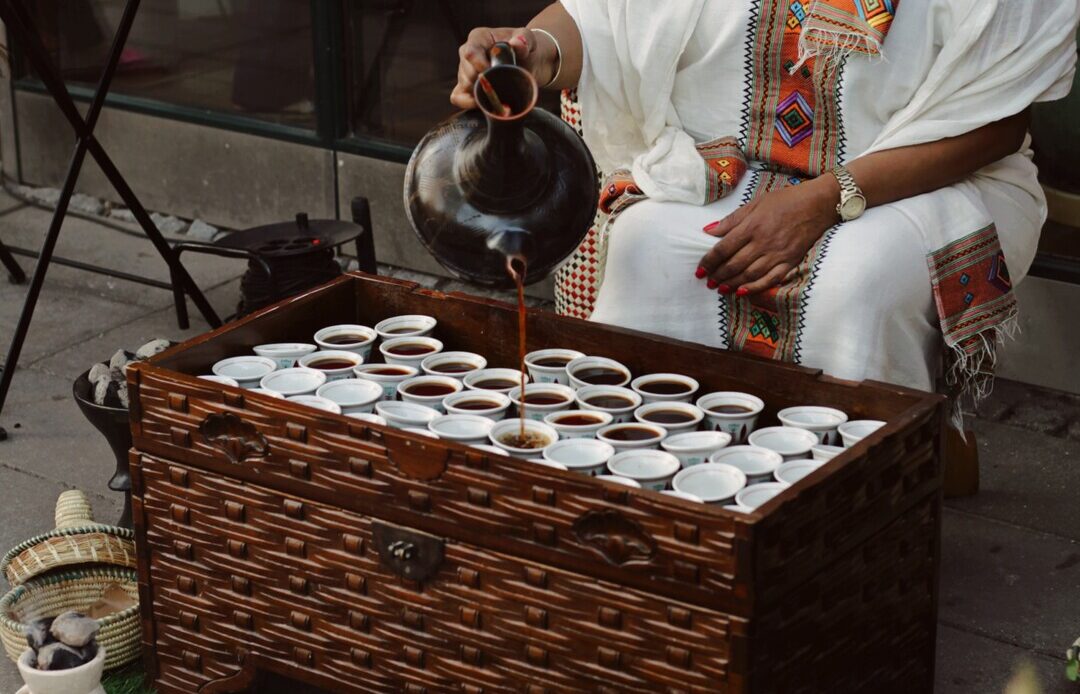
3. A Unique Flavor Profile
Ethiopian coffee is known for its distinctive flavors, often with floral and fruity notes. Regions like Sidamo, Yirgacheffe, and Harar produce beans that coffee lovers cherish.
Read: Indigenous Nigerian Drinks
Palm Wine: The Drink of Celebration
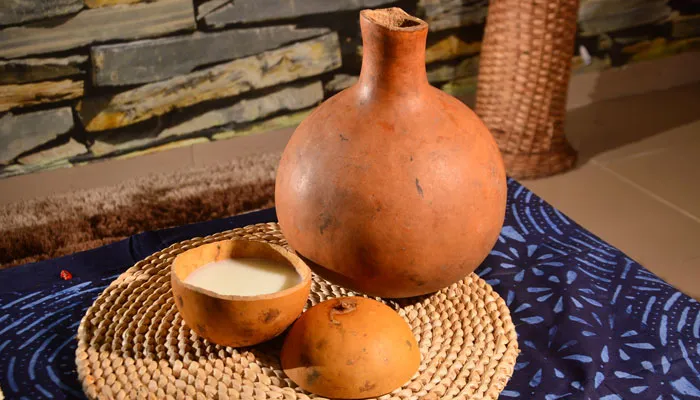
1. Cultural Significance
Palm wine is a staple in many West African communities. It is more than just a beverage; it’s a symbol of celebration used in weddings, naming ceremonies, and community gatherings. The drink is often enjoyed fresh, directly from the tapped palm tree.
2. The Tapping Process
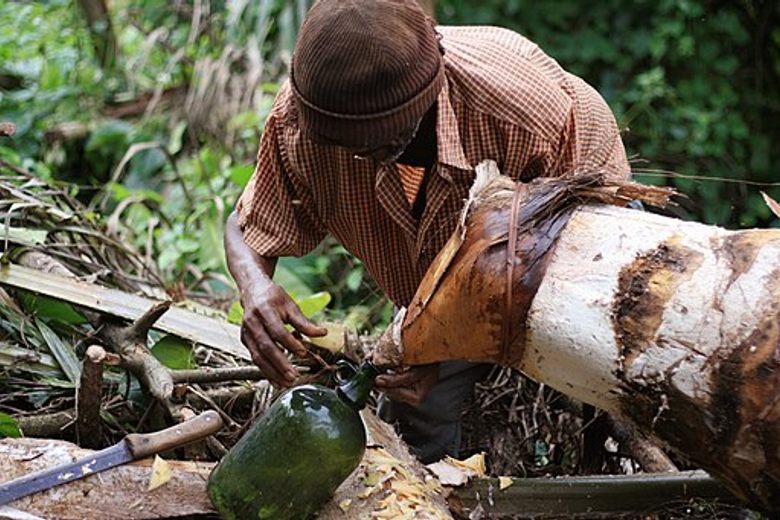
Harvesting palm wine is an art. Skilled tappers climb tall palm trees to extract the sap, which naturally ferments to create a sweet, mildly alcoholic drink. This process requires expertise and knowledge passed down through generations.
3. Regional Variations
Palm wine varies by region. In Nigeria, it’s known as “emu” or “oguro,” while in Ghana, it’s called “nsafufuo.” Each region adds its twist, making palm wine a versatile and beloved drink across West Africa.
Bissap: A Refreshing Hibiscus Drink
1. Health Benefits

Bissap, also known as zobo in Nigeria, is a popular drink made from dried hibiscus petals. It’s celebrated not only for its refreshing taste but also for its health benefits. Rich in antioxidants, bissap is believed to lower blood pressure and improve heart health.
2. Preparation and Variations
To prepare bissap, dried hibiscus petals are boiled and sweetened with sugar. Additional flavors like ginger, mint, or pineapple can be added for a unique twist. It’s typically served chilled, making it a perfect refreshment for hot days.
3. Cultural Relevance
In Senegal, bissap is a national drink, often served during celebrations and social gatherings. Its vibrant red color and tangy flavor make it a favorite among many African households.
Kunu: The Milky Delight
1. Traditional Roots

Kunu is a traditional Nigerian drink made from millet, sorghum, or maize. It is often flavored with ginger and cloves and sweetened to taste, providing a refreshing and nutritious option.
2. Preparation Process
The grains are soaked, ground, and fermented, then boiled and cooled before being flavored and sweetened. The result is a slightly tangy, milky drink enjoyed as a thirst quencher and a nutritious supplement.
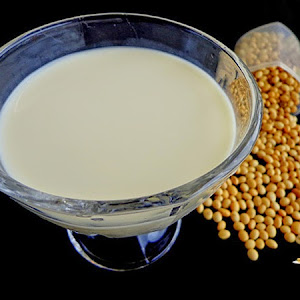
3. Cultural Significance
Kunu is often prepared for special occasions and family gatherings, symbolizing hospitality and unity. Its preparation and sharing are communal activities that reinforce social bonds.
Read: Ten Superfoods to Include in Your Diet and Their Benefits
Tigernut Drink: The Ancient Energy Boost
1. Origins and Benefits

Tigernut drink, also known as kunnu aya in Nigeria, is made from ground tigernuts mixed with water and sweeteners. It is rich in fiber, vitamins, and minerals, making it a healthful and energizing beverage.
2. Preparation and Variations
The nuts are soaked, blended, and strained to produce a creamy, milk-like drink. Sometimes, flavors like vanilla or cinnamon are added to enhance the taste. This drink is naturally sweet and highly nutritious.
3. Cultural Importance
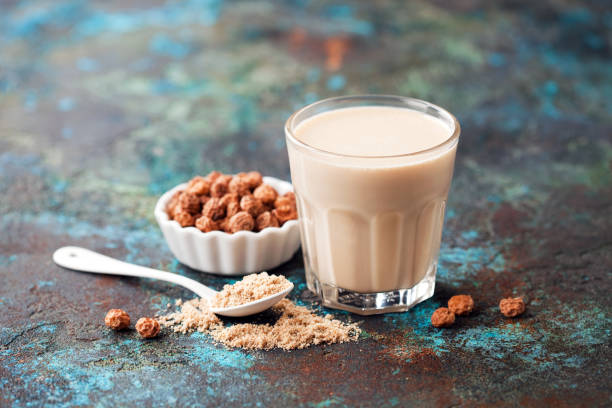
Known for its revitalizing properties, tiger nut drink is popular in many West African cultures. It’s often consumed during fasting periods or as a natural energy booster throughout the day.
Rooibos: The South African Wonder
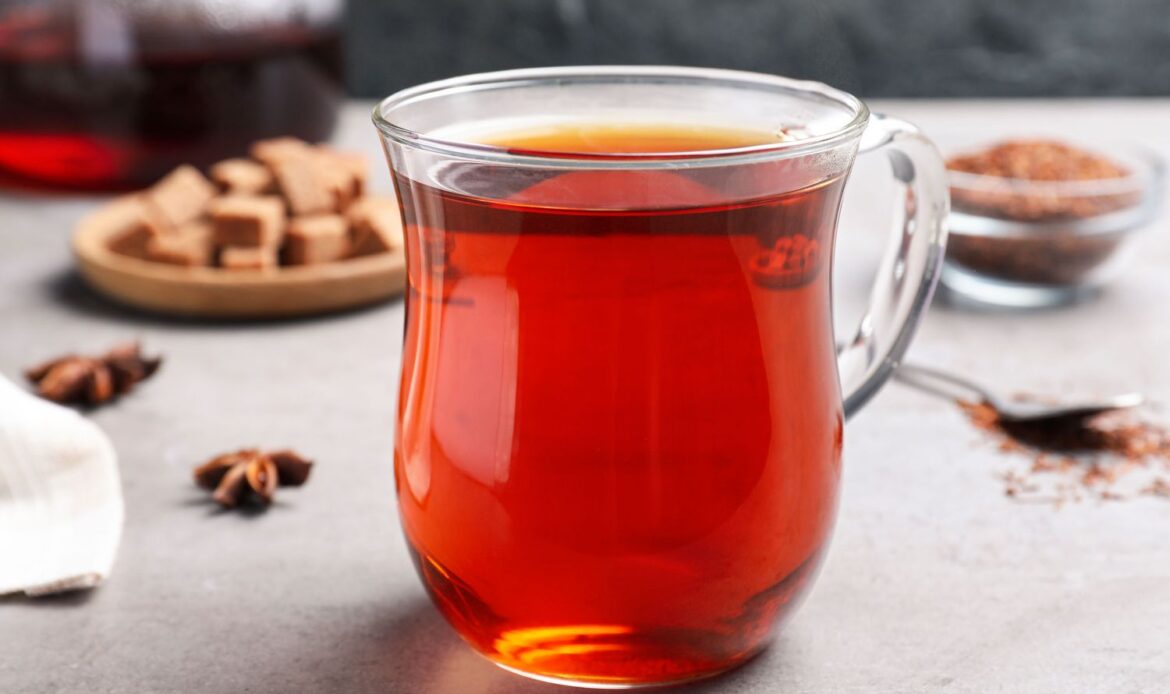
1. Origins and Cultivation
Rooibos, meaning “red bush,” is native to South Africa’s Cederberg region. This caffeine-free tea is made from the leaves of the Aspalathus linearis plant and is cherished for its rich, earthy flavor.
2. Health Benefits
Rooibos is known for its numerous health benefits. It’s high in antioxidants and linked to improved heart health, reduced inflammation, and better digestion. Its lack of caffeine makes it an excellent choice for those seeking a soothing evening beverage.
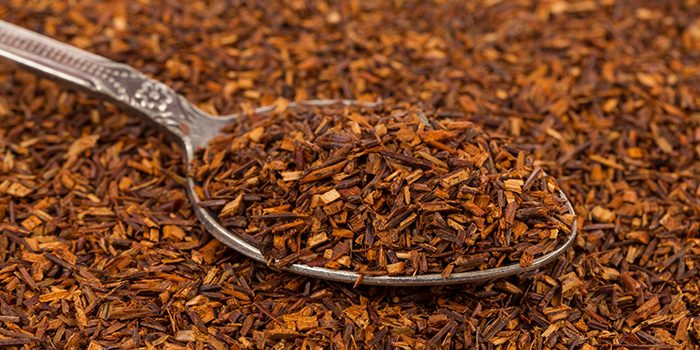
3. Cultural Significance
Traditionally, rooibos was used by the indigenous Khoisan people for its medicinal properties. Today, it’s enjoyed worldwide, often served with honey and lemon or infused with other flavors.
Millet Beer: The Traditional Brew
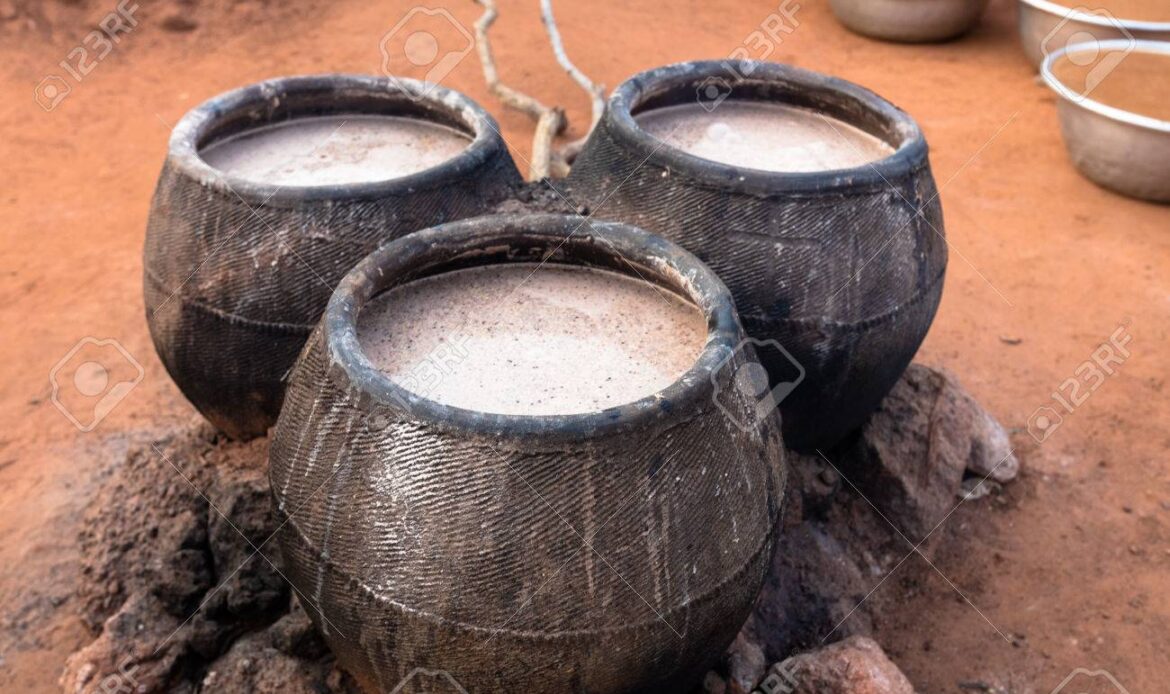
1. Ancient Roots
Millet beer, known as “dolo” in Burkina Faso and “tchoukoutou” in Benin, has ancient origins. This traditional African beer is made from fermented millet or sorghum and has been a part of African culture for centuries.
2. Brewing Process
The brewing process involves malting the grains, boiling, and fermenting the mixture. The result is a slightly cloudy, mildly alcoholic beverage with a unique taste. Brewing millet beer is often a communal activity, bringing people together.
3. Social and Ritual Importance
Millet beer is more than just a drink; it’s a social glue. It’s consumed during festivals, ceremonies, and communal gatherings, symbolizing unity and shared heritage. In some cultures, it’s also used as an offering to ancestors.
Traditional African beverages are a testament to the continent’s rich cultural tapestry. Each drink tells a story of community, heritage, and the enduring bond between people and their land.
Whether it’s the refreshing Ethiopian coffee, the celebratory palm wine, or the health-boosting bissap, these beverages offer a unique glimpse into Africa’s diverse traditions. So next time you take a sip, remember—you’re not just enjoying beverages; you’re partaking in a timeless ritual that has brought people together for generations.
